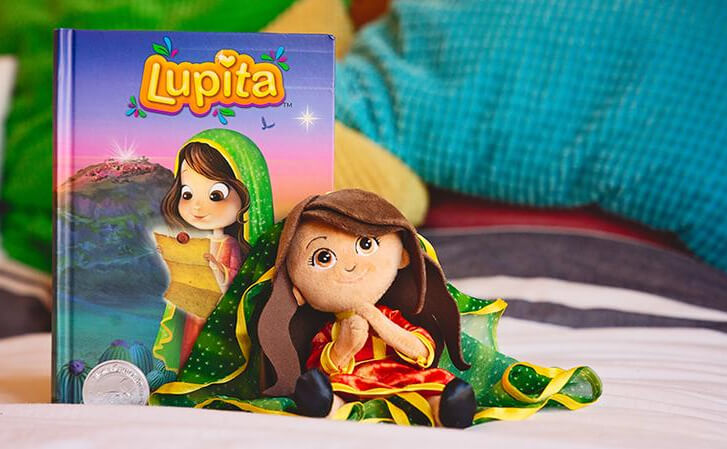
She has three kids, and she’d heard the region was a good place to raise a family. Perhaps more importantly, her oldest child has Duchenne muscular dystrophy, a fatal genetic disorder that causes progressive muscular weakness and degeneration, and receiving medical care for him at Cincinnati Children’s Hospital Medical Center was an attractive benefit. The community she found here, though, was beyond her expectations.
“I didn’t know the concept of a real community before I moved here because it doesn’t work that way in Mexico or Brazil; you don’t really know your neighbors there,” says Leslie, who lives in Madeira. “I realize Cincinnati is my home now and even though my family isn’t here, the community fulfills many of the roles of my family.”
The region had so thoroughly become their home that they stayed even after Leslie decided to leave P&G in 2014 so she could spend more time with her children. Leslie is now immersed in an entrepreneurial venture to launch Lupita, a Christmas-themed doll like the Elf on the Shelf that’s aimed at children of Latino heritage. She raised $21,500 in a Kickstarter campaign to fund the design of the doll write the story and create the illustrations..
I realize Cincinnati is my home now and even
though my family isn't here, the community
fulfills many of the roles of my family.Leslie Guzman

Lupita doll and book | Photo Credit: bizjournals.com
Leslie came up with the idea after her neighbor launched a doll for Jewish kids called Mensch on the Bench. Lupita is based on the Mexican peasants who witnessed a visit from the Virgin Mary in the 1500s and established devotion to the Virgin of Guadalupe. Children are encouraged to tell the doll about a good deed they’ve done every day between Dec. 12, the feast day of the Virgin of Guadalupe, and Jan. 6, when the arrival of the Three Kings is celebrated.
“The tradition changes the focus all day during the Christmas season from what they’re going to get to what they can give,” Leslie says. After an initial local rollout, she plans to market the doll widely for Christmas 2017, concentrating on families in the US. and Latin America.
In researching the market for Lupita, Leslie became increasingly aware of the divisions that exist in the region among immigrants who share a common language. She found three distinct groups of immigrants from Latin countries: the professional class who’d come here to work in corporate jobs at places like P&G and GE; less-educated recent immigrants who are often here without papers and work in fields like construction, landscaping and housekeeping; and a segment in between the two who are less affluent than the first but more comfortable than the second.
“It would be good to find better way to reach the communities and help them understand what exist,” she says. Especially for undocumented immigrants, “the families struggle because sometimes they’re kicked out of their homes and they don’t know what to do and they are afraid of asking. They lack an understanding of the rights people have.”